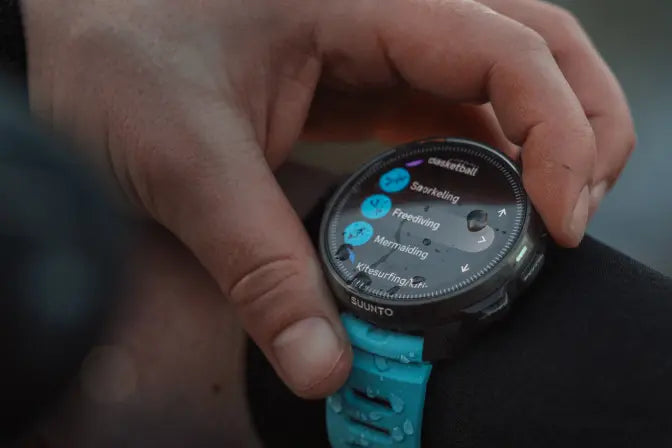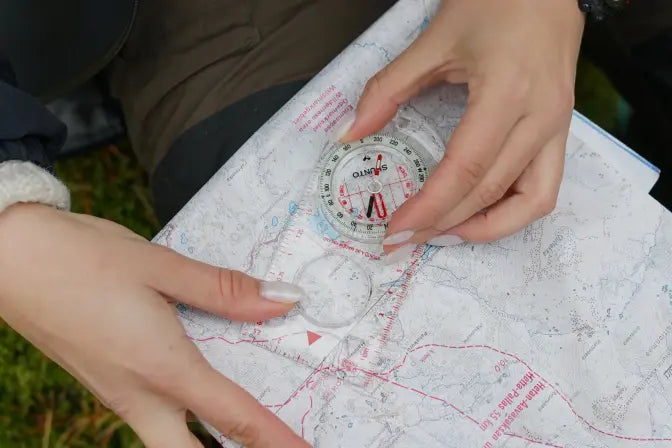

🔺Suunto 90th | Vertical 2 Anniversary Gift Box Out Now | Pre-order>>



Shopping Cart
Your cart is empty






Your ExpertVoice deal.
$[Deal Price]
$[Original Price]
Discount applied at checkout.
On sale now — lower than your ExpertVoice discount.
Not eligible for ExpertVoice discount.